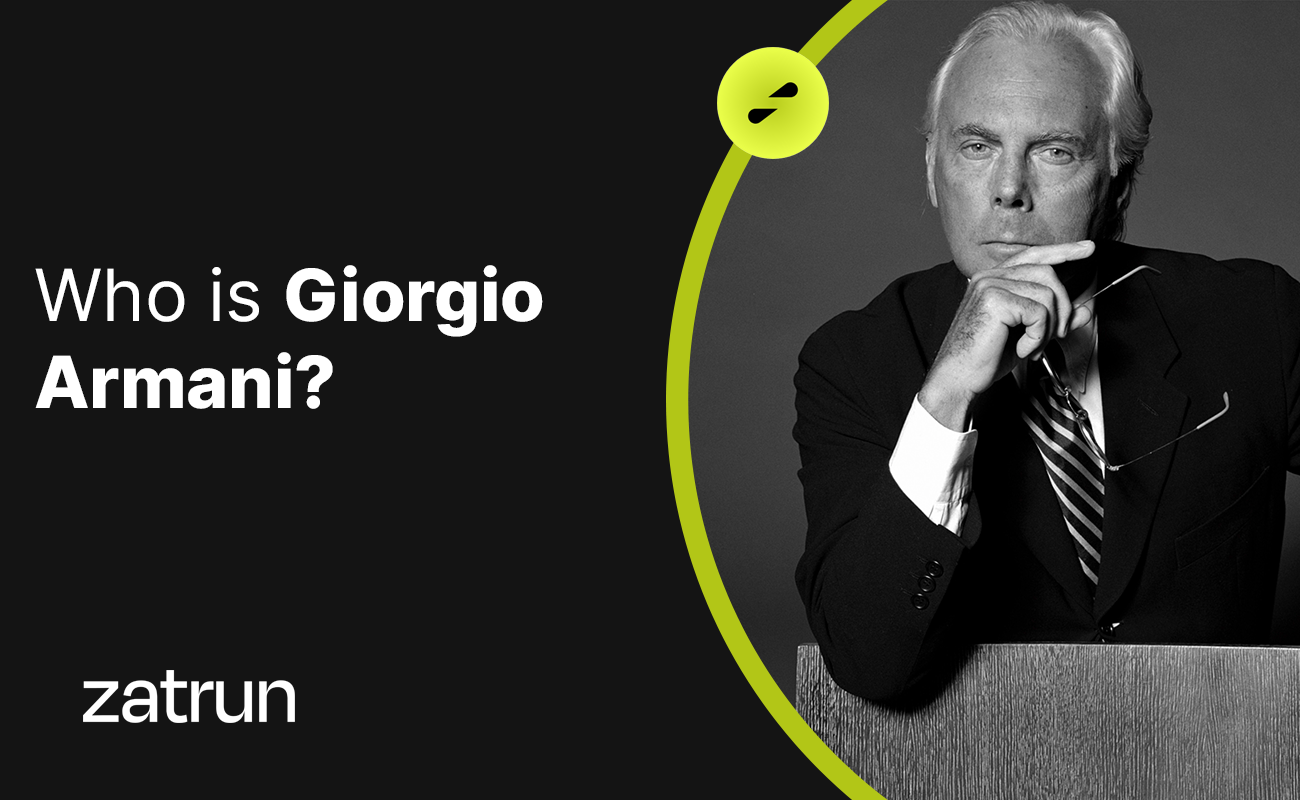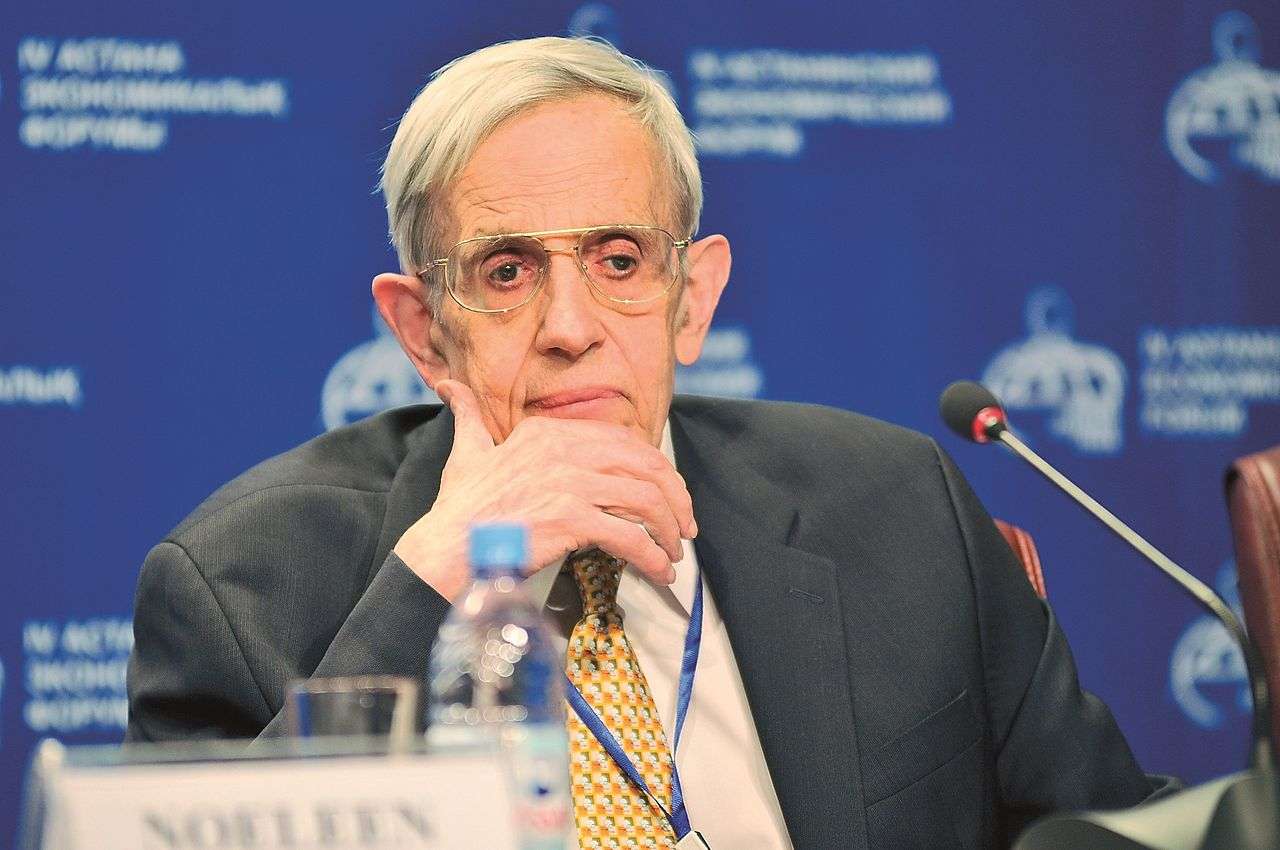David Ricardo 101: Who is the British Economist and Financier? In our article of Zatrun.com, we are interested in our readers, we will cover in detail everything you need to know about David Ricardo, who is recognized as one of the most influential figures in the field of finance and economics.
Who is David Ricardo?
David Ricardo (April 18, 1772 – September 11, 1823) was an English political economist and classical financier of Jewish origin, who is recognised as one of the most influential figures in the field of finance and economics. He was born in London to a Dutch-Jewish family of 17 children. After a short education in the Netherlands, he began to learn the intricacies of banking and currency exchange from his father, a stockbroker, at the age of 14. He worked for the East India Company for a period.

However, he did not continue his life as a stockbroker. After being introduced to Adam Smith’s book “The Wealth of Nations”, he became interested in economics and politics, and eventually left the stock market to pursue these fields. During his time on the stock exchange, he acquired a significant amount of wealth.
He published the “Principles of Political Economy and Taxation” in 1817, which brought him fame. He was elected to the British Parliament in 1819. Like other classical economists, Ricardo rejected all forms of interference in international trade. The theory of “Comparative Advantage” in international trade aroused great interest. Ricardo was a close friend of James Mill, Jeremy Bentham, and Thomas Malthus. He died at Gatcombe Park at the age of 51.

His Ideas and Major Works
The most important and famous work of David Ricardo is the “Principles of Political Economy and Taxation”. David begins this study by explaining the concept of value, especially the value of goods and commodities on the market. According to Ricardo, the value of a commodity or commodity is determined by the amount of labour used to produce it. This theory, known as the labour theory of value, is the cornerstone of the economic literature and forms the basis of Karl Marx’s concept of surplus value.
David Ricardo believed that labour has a price or a wage, just as basic goods have a price. This is determined by the level of a worker’s ability to support themselves and their family without any increase or decrease in their standard of living. This means that wages are determined by the prices of food and necessities. This concept is known as the “Living Wage Theory”. It is criticized by socialists for condemning society to poverty.

David Ricardo’s famous work is about the theory of “Comparative Advantage”. He also defends the quantity theory of money (sound monetary theory), the labour theory of value, the iron law of wages, the law of decreasing yields and the theory of rent.
According to David Ricardo, as the population increases, arable land should also increase. However, this leads to inefficient land use and higher grain production costs, increasing the grain price and rent. Most of the rent would go to the landowners, which Ricardo considered an “unfair gain”. He is considered the founder of econometrics, who brought a mathematical understanding to economics through deductive reasoning.












